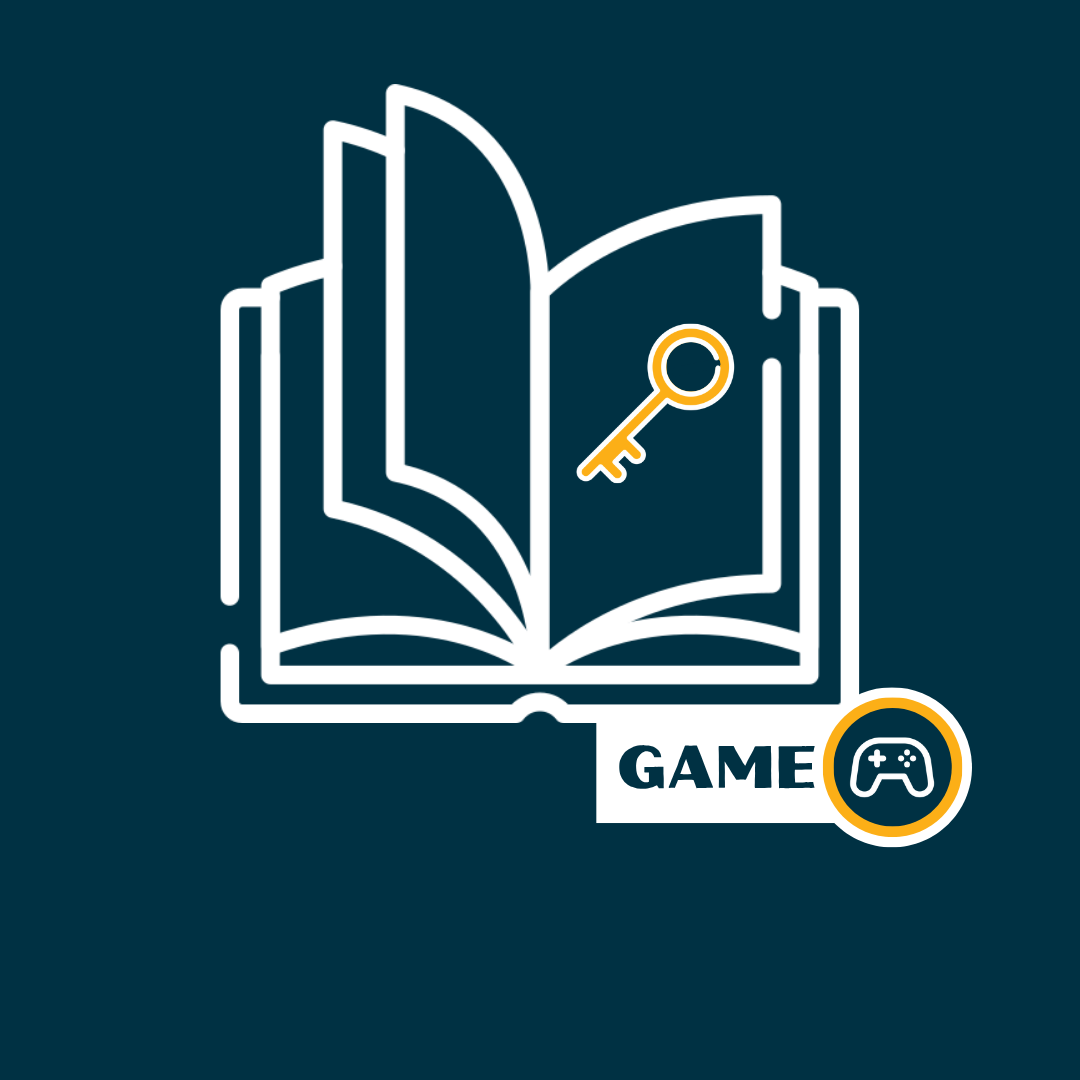Float Like a Butterfly, Think Like a Bee
What we can learn from bees about decision making.

We are inundated with choices today. The abundance is paralyzing for some. Jeff Montoya looks for insights in the behavior of bees that could offer a solution.
***
It isn’t controversial to say that the bulk of human inventions have been copied and pasted from nature's own blueprints.
We have long appropriated wild designs for our own betterment. Obvious examples include airplane wings, solar panels, and doggystyle.
The path of human innovation has not brought us as far from the animal world as one might assume. Yet I don’t think people believe me when I say I learned how to think from bees.
Nearly 99% of bees are female, and almost all of the bees from a single hive are sisters. The hive is a bustling society and, despite conservative opinion, is able to govern itself successfully despite all that flagrant feminism.
The queen bee does not actually govern over the hive. In this way, the queen here is analogous to British royalty: useless, resource hungry, and politically flaccid.
When a decision for the hive needs to be made, the bees make the decision as a group.
When a hive gets too crowded, for example, its queen and half the hive will swarm to a nearby tree while several hundred scouts go house hunting.
Scouts will fly out in all directions in search of an ideal build site. Once a scout identifies what she believes is the best site, she returns to the hive and immediately tells the others about the location.
Since bees are notoriously bad at English, they opt instead to communicate via dance.
By implementing deliberate angles of movement in their dance, bees can describe the precise coordinates of their proposed site. This is referred to as the “Waggle Dance.”
Researchers have even found that the quality of the proposed site can be inferred by how “confidently” the bees dance.
When about fifteen bees advertise the same site, the entire hive submits to the decision.
Researchers say that this is because when fifteen bees dance in sync, they inadvertently recreate a Beyoncé music video (citation needed).
Why fifteen bees? Because that many scouts are past the threshold of mere chance, the same choice wouldn’t be made fifteen times if it wasn’t pretty good.
Theoretically, you can say that they should wait until it's twenty, or fifty, or until every scout has had a vote. Spend more time deliberating, gather more information, and then pick the optimal site. But that would be spending valuable and limited resources on investigating the mere possibility that there is something better than the good option they already have.
As an American, I am simply impressed that they can reach a group consensus on how to solve a housing issue without blaming the poor.
Even more impressive though, research finds that this consistently results in high quality choices.
I’ve come to appreciate the deliberate commitment to a lower threshold for multi-choice decision making. As a naturally indecisive person, every forked road is a fresh hell.
I make friends wait at restaurants while I agonize over picking this chicken sandwich or that chicken sandwich (the one with the sauce). I can’t buy a toilet scrubber without consulting a “10 best toilet scrubbers” list. My indecisiveness might even be the root of my bisexuality.
The point is, the human choice-making apparatus was not made for our moment.
In the American era of “more is more,” every course of action or purchase is represented by an ever increasing multitude of options. Recent studies of our brain’s ability to decide tells us we really messed up.
I used to think that a good decision rested on the amount of data available, that more options meant better options. Then there was the “Jam Study.”
Two jam stands were set up - one with six options, the other with twenty-four. As expected, more people were interested in the jam stand with more options so there were more visitors to that specific stand, yet more people actually bought jam at the six-option stand.
Later studies have only further illustrated how bad we are at picking things.
In one study, participants were allowed ten minutes to decide what prize they would receive at the end of the study. Those participants showed greater regret over their choice than the group that didn’t get to pick their reward at all.
When we appraise our options, we are not evaluating the choice for its quality as much as measuring it against the possibility that any of the other choices are better.
This hypothetical differential is interpreted as a loss, and the more time we examine that loss in our heads the more real it feels, and humans are extremely loss averse.
Brain activity shows us that the pain from a perceived loss is greater than the pleasure from a gain. This aversion to loss explains why FOMO could be so motivating.
Indecision is not created by the fear of making the wrong choice, it is a product of wanting to make the best choice.
I think most of us know what choice we want to make, it might even be obvious. Yet, we still feel compelled to compare it to everything else, a nebulous cloud of better and better options.
What we feel is tension between the good and the mythical perfect, a choice paralysis that might be the reason you swipe through Tinder profiles without actually going on a date, or why you spend an hour browsing Netflix - as if it's ever different - or why your girlfriend never knows what she want to eat - it’s pizza.
I used to think that fast decisiveness was a quality that only had value in sports and military engagements, but as I’ve aged I’ve come to understand that it is too easy to spend time deciding instead of living with your decisions.
You don’t need to be a product of careful calculations. You can be you, and all the mess and bias and beauty that entails.
Don’t think about it, or at least not like a human - think like a bee. Trust your gut, flip a coin, and if need be, grab fourteen friends and just dance.
Opinions expressed are solely the author’s own and do not reflect the views of their employer.

 0
0
Featured Content
Stay up-to-date with our latest articles











